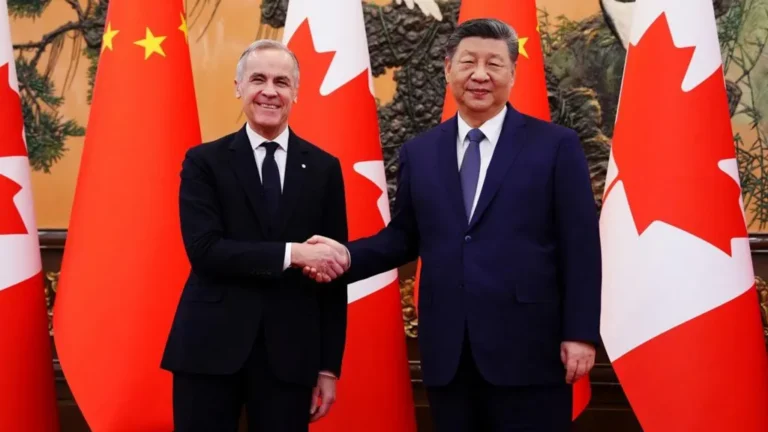
Israel and Iran Exchange Direct Attacks Amid Intensifying Conflict
TEL AVIV/DUBAI — The armed conflict between Israel and Iran escalated further on Thursday, as Israel launched airstrikes on Iranian nuclear infrastructure and Iran retaliated with a missile strike that hit a hospital in southern Israel.
Israeli officials confirmed the attacks targeted nuclear-related facilities in Natanz and Isfahan, while a strike initially reported on Bushehr—home to Iran’s only operational nuclear power plant—was later retracted. Iran denied any damage at Bushehr and accused Israel of conducting a psychological operation.
In response, Iranian missiles struck the Soroka Medical Center in Beersheba, injuring dozens. Prime Minister Benjamin Netanyahu condemned the strike and warned that Iran’s leadership would “pay the full price.” Defense Minister Israel Katz said Israeli forces had been ordered to escalate strikes on strategic locations in Iran, aiming to dismantle perceived threats and pressure Tehran’s leadership.
Israel Expands Campaign to Pressure Iranian Government
Israeli officials stated the military operations were designed not only to target nuclear and missile infrastructure but also to disrupt the regime of Supreme Leader Ali Khamenei. Sources close to the Israeli government described the goal as forcing Iran to abandon its nuclear enrichment program, its ballistic missile development, and support for militant proxies in the region.
Despite these objectives, Israeli Foreign Minister Gideon Saar clarified that regime change was not an official policy of the Israeli security cabinet “at this time.”
U.S. Position Remains Ambiguous
President Donald Trump has not clarified whether the United States will directly support Israel’s military campaign. While he has called for unconditional Iranian surrender and even hinted at targeting Iran’s supreme leadership, he has stopped short of committing U.S. military forces. Statements from the White House have oscillated between diplomacy and escalation.
Iran Warns of Potential Straits Closure as Oil Prices Rise
With tensions rising, Iranian lawmakers have floated the idea of closing the Strait of Hormuz—a critical chokepoint for global oil shipments. Roughly 20% of the world’s oil passes through the waterway daily. In response, commercial shipping traffic has begun to reroute away from Iranian waters. Oil prices increased amid the uncertainty.
Despite the conflict, Iran has continued exporting crude oil, using single-tanker loading and repositioning offshore storage closer to Asian markets, according to vessel-tracking firms. Analysts say Iran is trying to maintain oil revenue while under military pressure.
Civilians Flee in Both Countries Amid Worsening Human Toll
The past week of hostilities has resulted in hundreds of deaths in Iran, the destruction of military infrastructure, and retaliatory attacks that have killed civilians in Israel. The Israeli military reported targeting the Khondab facility near Arak, which contains a heavy-water reactor used in plutonium production. Iran claimed the site sustained no casualties.
Israel has issued evacuation orders for parts of Tehran, leading to traffic congestion as residents fled. Internet access has been severely restricted inside Iran, and media coverage of casualties and damage has been limited by government orders.
Children and families displaced by the attacks have reported trauma and fear. In Israel, missile strikes pierced air defenses for the first time in significant numbers, causing civilian casualties and damaging buildings, including a hospital and residential complexes near Tel Aviv.
Ongoing Regional Implications
Israel continues to engage militarily across the region, following the 2023 conflict with Hamas. Iranian-backed groups, including Hezbollah and the Houthis in Yemen, have also faced Israeli attacks, though Israeli officials say these groups have been significantly weakened.
Iran’s Revolutionary Guards claimed responsibility for targeting Israeli military and intelligence sites in Haifa and Tel Aviv, though Israeli officials disputed the presence of such targets near the Beersheba hospital.
The scope and intensity of the conflict appear to be increasing, with no immediate path to de-escalation in sight. International governments are working to evacuate their citizens from both countries as the airspace over the region remains restricted.






